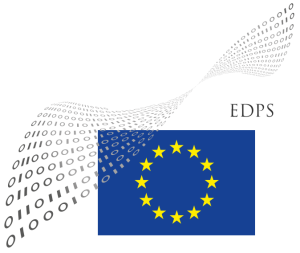The Information and Data Protection Commissioner’s Office, in cooperation with the European Union project for Good Governance, organized a roundtable discussion with public sector bodies and public enterprises “Understanding and implementing the law on open data and the reuse of information in the public sector”.
Commissioner Besnik Dervishi, in his speech, focused on the importance not only of preserving public data, but also of managing and publishing it, on the integrated portal opendata.gov.al, as a tool for greater transparency and accountability of public authorities and enterprises.
“The amount of public data in our country has increased significantly. When such data is open for reuse, it serves not only to increase transparency, good governance, accountability of the administration, scientific research, but also to develop the economy on innovative solutions,” emphasized Mr. Dervishi.
“Public sector operators, perhaps also due to a culture of several years, are accustomed to keeping their data within the institution, influenced by the risk that the data they will share may be misused or misinterpreted. They may be concerned that publishing data makes them vulnerable to possible criticism. However, the benefits outweigh these risks and now opening up data is mandatory by law,” added the Commissioner.
“Open data involves a dynamic reorganization of the public sector’s power, giving up its role as “holder of information” and re-dimensioning itself into a new role, that of “providing information,” said Mr. Dervishi.
He further focused on the benefits of open data, emphasizing that they contribute to greater transparency in governance, serve as a catalyst for innovation, help improve decision-making processes, increase citizen involvement in decision-making, improve the provision of public services, increase cooperation and knowledge exchange, and contribute to reducing inequality and promoting social inclusion.
Mr. Dervishi noted at the end of his speech that the implementation of this law requires cooperation from all public institutions involved, as well as the necessary expertise of the European Union, to bring benefits to everyone, not only to the public and citizens, but also to public sector bodies and public enterprises themselves.
Representatives of the EU Good Governance Project positively assessed the adoption of the new law on open data by Albania, broadly aligned with European directives. They noted that the implementation of the law will now be important, increasing access to data available from public authorities, as well as raising awareness among users. They also expressed their commitment to continue supporting the Commissioner’s Office through assistance projects.
The Open Data Law provides for the creation and operation of a central portal opendata.gov.al to bring together open data catalogues published by public sector operators and public enterprises. It is designed to make it as simple as possible for everyone to access, understand, combine and benefit from open data, thus helping organizations and individuals to maximize their value.
The groups affected by the scope of this law are public sector bodies, public enterprises, business, civil society, citizens, and various stakeholder groups.
Companies and new businesses in particular will benefit from easier access to a wider range of public sector data, consumers and citizens will also benefit from the implementation of this law, as they will have a wider choice of better and cheaper digital products, developed on the basis of public sector data. Public sector bodies themselves will also benefit from the implementation of the law in easier access to each other’s data.











